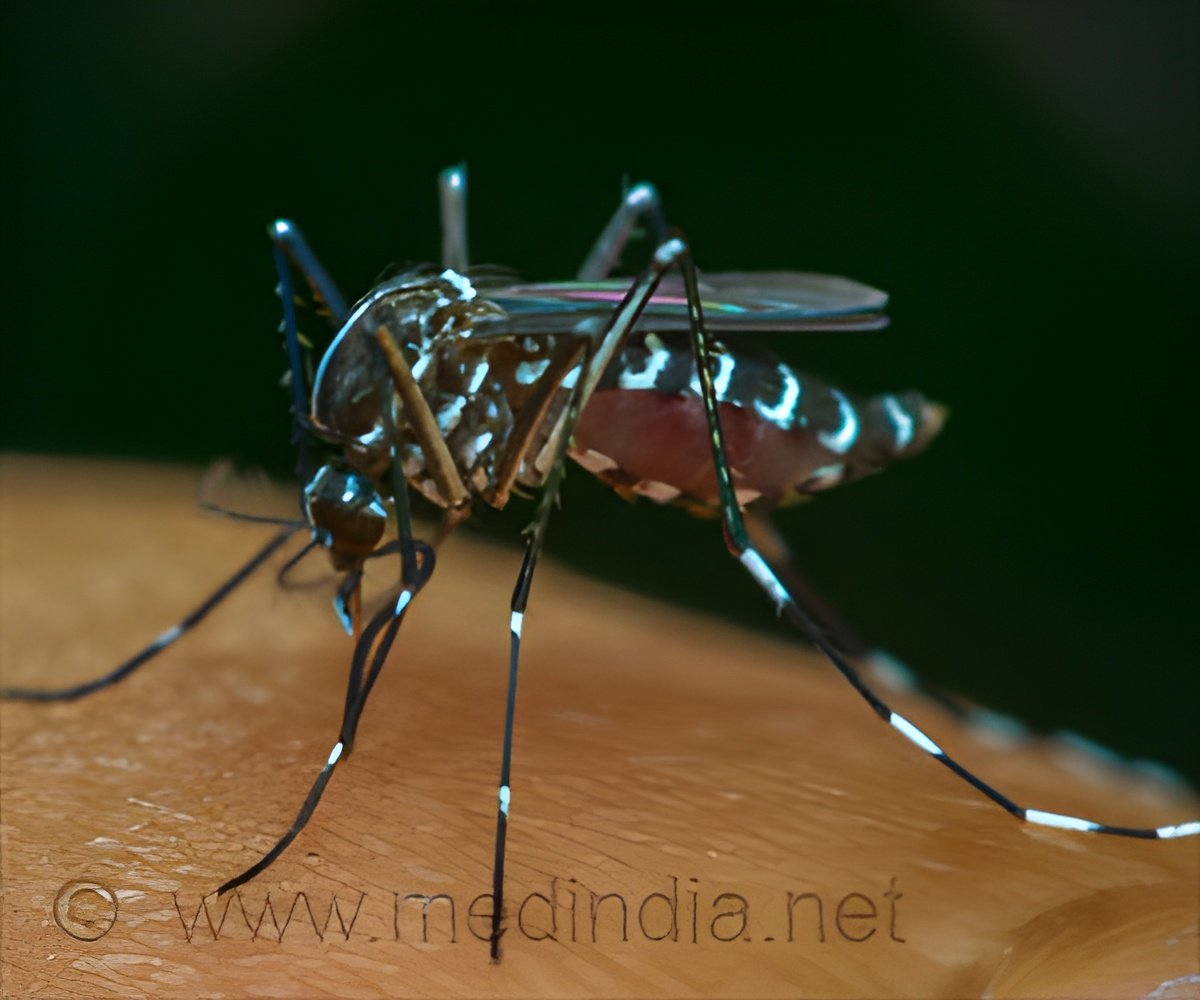Zika virus can have lasting damage on a child’s brain. Damage caused by seizures in childhood could lead to bigger problems in adulthood, finds a new study.

‘Zika virus was found to affect behavioral and neurological developmental stages of the experimental animal in the study. It was fund to cause spontaneous seizures few days after birth and those models remained susceptible to chemically-induced seizures in adulthood.’





This indicates that even though the spontaneous seizures may have been resolved as the animals grew older, the damage caused to the brain is permanent, the researchers said, in a paper published in the journal Science Translational Medicine.Furthermore, the infected mice demonstrated weight loss that is not recovered in adulthood, cognitive deficits and long-lasting impaired motor function.
The memory and sociability of adult mice were also affected, which may be linked to research that viral exposure shortly before or after birth may be associated to the late development of autism and schizophrenia.
Persistent viral replication and inflammation also accompanied these behavioral deficits in the brain.
The peak of viral replication in the brain was found to be associated with an abundance of molecules that mediate inflammation.
Advertisement
When administered, infliximab -- a drug that inhibits TNF-a -- prevented seizures in young infected mice by Day 12, suggesting that targeting cerebral inflammation could ameliorate some of the long-term consequences of neonatal Zika infection, the researchers said.
Advertisement
Source-IANS












